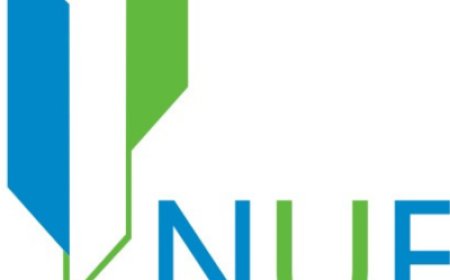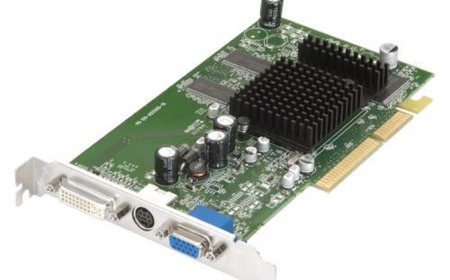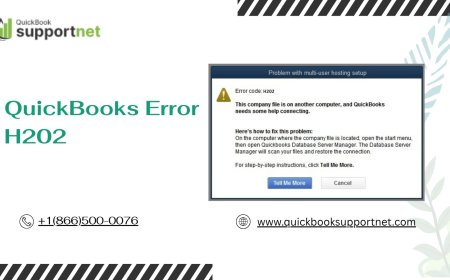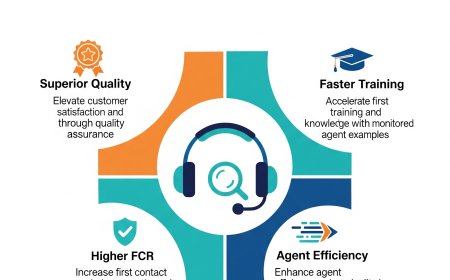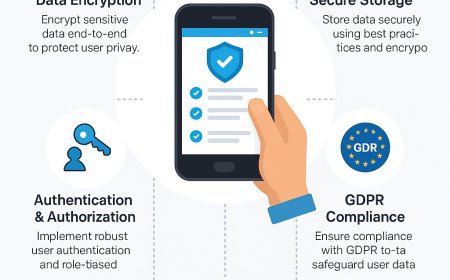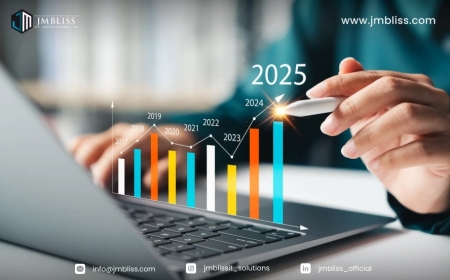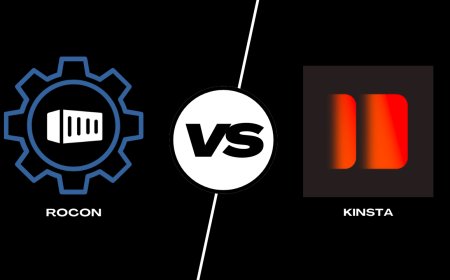How Legal Tech is Changing IP Management
This software allows businesses to track their intellectual property—whether it’s patents, trademarks, or copyrights—within a centralized system.
The landscape of intellectual property (IP) management is undergoing a significant transformation, thanks to the rise of legal technology. From patent applications to brand protection, the role of technology in IP management is becoming increasingly vital. Legal tech solutions are streamlining tasks, improving efficiency, and helping law firms and businesses manage their IP portfolios with more precision.
The Role of IP Management Software
One key tool in this transformation is IP management software. This software allows businesses to track their intellectual propertywhether its patents, trademarks, or copyrightswithin a centralized system. It simplifies the monitoring of deadlines, renewals, and potential infringements, which reduces human error and administrative workload.
With this software, companies can maintain a clear overview of their IP assets and streamline the management of their intellectual property rights across various jurisdictions. This kind of software makes the entire process more organized and significantly more efficient, reducing risks associated with manual tracking.
Law Firm Case Management Software: A Game Changer
In addition to IP management software, law firm case management software plays a pivotal role in enhancing how legal professionals handle IP cases. This software helps lawyers track case progress, manage client communications, and automate documentation. By using case management tools, IP attorneys can focus on the more strategic aspects of their work while leaving time-consuming administrative tasks to be managed by the software.
These tools also reduce the risk of missing critical deadlines and increase the overall effectiveness of the legal team. Instead of wasting time on tracking every small detail manually, law firms can use case management software to automate these processes, ensuring better accuracy and efficiency.
Streamlining the Complexities of IP Management
Legal tech has the advantage of simplifying the complexity involved in managing multiple IP assets and cases. Law firms and businesses can track the entire lifecycle of an IP asset, from filing to enforcement, all while ensuring that no important task slips through the cracks.
With seamless integration of various software systems, like document management tools and legal research platforms, legal tech allows for a unified approach to managing intellectual property. This means that everythingfrom asset protection to legal disputescan be handled efficiently from one platform, reducing confusion and ensuring better communication among teams.
The Impact of AI and Data Analytics
The integration of AI and data analytics in legal tech is also opening up new opportunities for businesses to gain insights into their IP portfolios. Law firms can leverage these tools to predict trends in patent litigation or identify potential infringement risks. By analyzing large sets of data, legal tech tools can uncover patterns and provide actionable insights that can help law firms and businesses stay ahead in the competitive IP landscape.
Improving Client Experience with Legal Tech
Legal tech is also changing the way IP law firms engage with clients. With the right software tools, law firms can offer more transparent and cost-effective services. Clients can receive real-time updates on their IP cases, monitor progress, and even access reports and documents securely online. This improves the overall client experience and makes managing intellectual property more streamlined and accessible.
The Future of IP Management with Legal Tech
As legal tech continues to evolve, its clear that the future of IP management will be defined by more automated processes, better data integration, and improved accessibility. For law firms and businesses, embracing legal tech tools like IP management software and law firm case management software isnt just an optionits a necessity for staying competitive and efficient in todays fast-paced, technology-driven world.
Conclusion
In conclusion, legal tech is not just revolutionizing IP management; it is reshaping how law firms and businesses approach intellectual property as a whole. By leveraging tools like IP management software and case management systems, professionals in the legal and IP fields can offer more effective, streamlined services to clients while staying ahead of legal complexities and technological advancements.

















